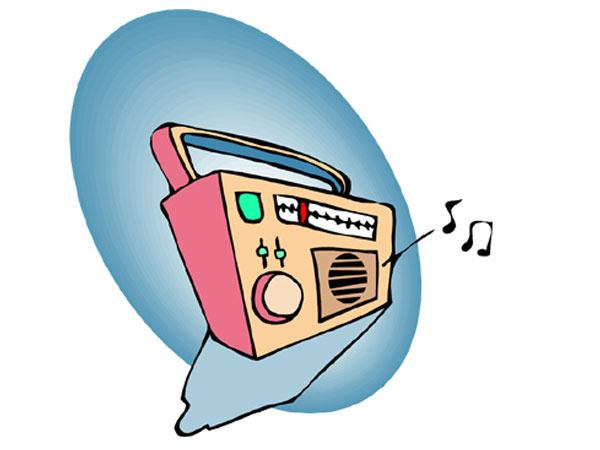In this globalized world, English language becomes the top prior communication medium in our daily life. In less than a decade, the language, English has been placed as a significant language in our commoners’ lives due to massive use of computer, internet and mobile phones. On the other hand, it becomes a challenge for our rural people to comply with. In Bangladesh, our traditional education system and the curriculum used at secondary levels do not keep pace with this ever-increasing demand, particularly for our youth learners. As a result, the problem has been creating gaps between educational systems of urban and rural societies. Our government is committed to minimize the gaps and materialize the vision 2021 through digital Bangladesh. In this connection, Government has provided license to the radio initiators in 2009, by which community radio stations are now operating in 16 different rural sites all over the country and proved its effectiveness as one of the most important educational platform for the larger audience at community level. To minimize the gap by addressing the need of the rural communities, the American Center, Dhaka came forward to support the rural communities.
In late 2012, Bangladesh NGOs Network for Radio and Communication (BNNRC), jointly with Community Radio “Pollikontho”, Moulvibazar initiated a pilot project namely, “Basic English Language for Outreach Radio Audience (BELFORA)”. The goal of the project was to use community radio effectively in improving the English language skill of the outreach radio audiences. The objective of the project was to upgrade the skills of English language of the radio audiences in rural communities and extension of the project in other community radio areas of Bangladesh.
It was four fold approach i.e. engaging veteran English language teachers, listeners’ clubs, print and audio media. After completion of the first phase, the second phase was designed and developed by adapting the learning of the first phase. The second phase was replicated in 5 community radio stations including Radio Pollikontho.
In this new venture, we learned and achieved a lot. Now we have a good number of ready and proven materials to use. Our achievements are- In each radio stations, one skilled program producer, two presenters, 5-10 voice players and one English language teacher is working at 5 radio stations level. A total of 157 veteran local teachers were trained up who are teaching English in a total of 50 schools, colleges and madrashas to more than 9,000 students. We have oriented a total of 140 the radio listeners’ club representative, now they listening English language programs in groups. They also visit other radio listeners clubs to motivate them in group listening. A total of 917 Radio Listeners Clubs are listening radio program regularly covers more than 10,000 regular listeners/members. We have 3 skilled radio scripts developers for developing our English language radio episodes.
During the implementation period, we have conducted some research/studies like need assessment of the listeners, available existing learning materials and effectiveness of BELFORA which, helped us to learn about the need of the listeners, suitable listening hours, program duration, contents etc.
In the middle of BELFORA 2nd phase, Professor Harunur Rashid Khan, Chairman, Department of English, Southeast University has conducted a study on the “Effectiveness of BELFORA Project”. In the study of the effectiveness of BELBORA, it was revealed that the listeners are enjoying BELFORA episodes, episodes and its topics were useful and interesting and, the vocabulary items were useful too. According to the listeners, the dialogue, presentation, language style, presentation mode, translation options were important. They suggested including more useful words, essential topics and themes, fun learning, kids learning opportunity in the next. In addition, they made request for alternative ways of teaching English and informal testing; inclusion of grammar, pronunciation, debate, quiz competition, talk show on local issue, more frequency of programs, airing live English program from school classrooms etc.
We have also ready 31 radio episodes and text, ready 16 success stories and 10 promotional materials. Besides, we have our project brochure, teachers’ guidebook, leaflet, banner, stickers and audio clips for use. A group of radio program experts, programmer, and academia are providing support to keep the quality of the materials. We assume that a total of 50, 000 listeners are listening our English learning program regularly.
